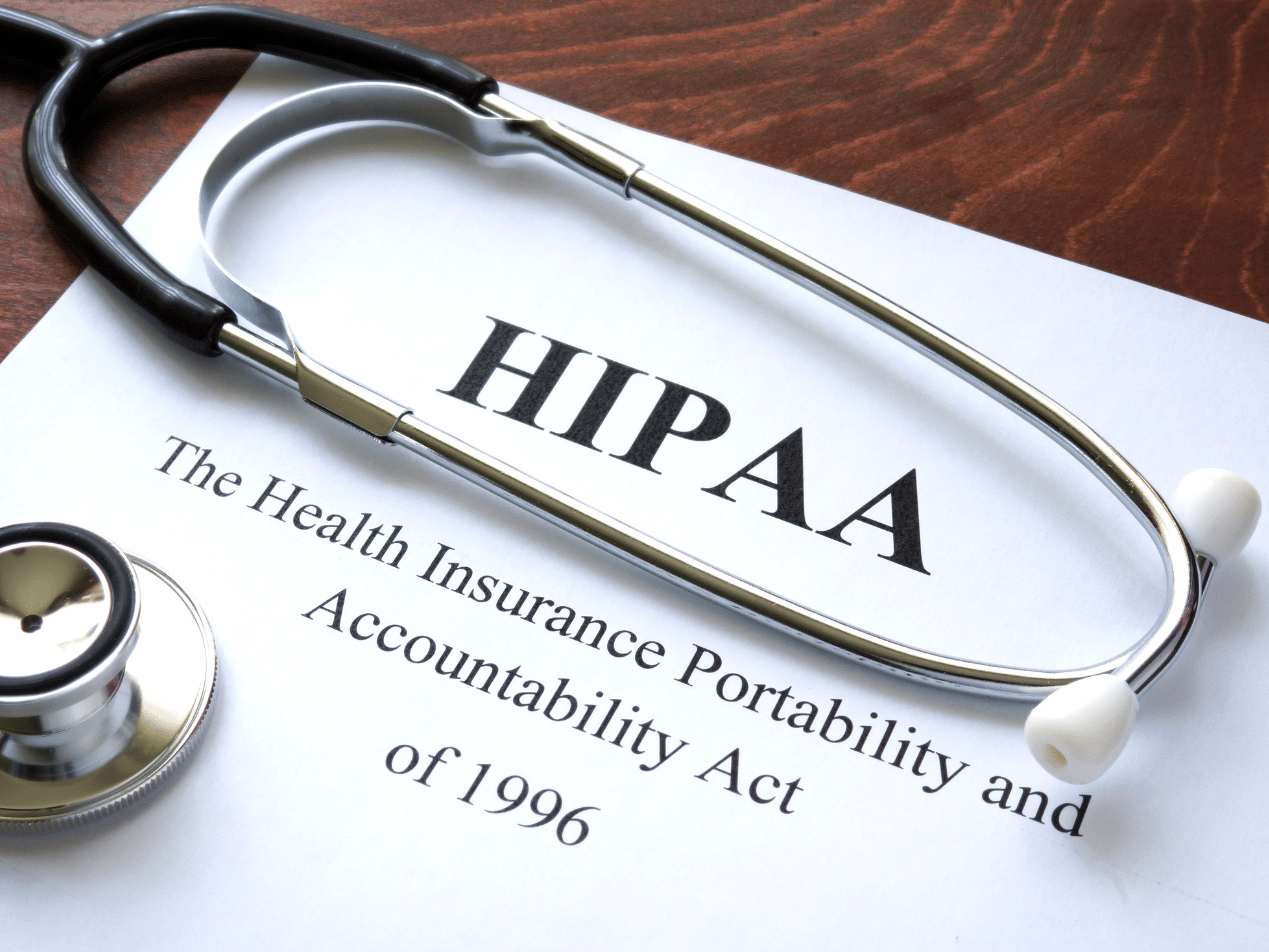
Medical liability refers to the legal responsibility of healthcare providers, such as doctors, nurses, and medical institutions, for harm caused to a patient due to their actions or omissions during the provision of medical care. This concept is rooted in the principle that healthcare professionals owe a duty of care to their patients, which mandates the delivery of treatment and medical services in accordance with established standards of practice in the medical community. If a healthcare provider deviates from these standards, and such deviation results in patient injury or harm, they can be held liable in a court of law for medical negligence or malpractice.
Key legal elements that constitute medical liability
Based on a study in the topic of medical malpractice liability in the United States, “The medical liability system is intended to serve three functions: compensate patients injured by negligence, promote corrective justice by providing a mechanism to rectify wrongful losses caused by defendants, and deter negligence…”
The crux of medical liability hinges on three elements that make up a valid claim for medical negligence or malpractice.
- Duty of care: This means a healthcare provider (like a doctor or nurse) has a responsibility to take care of their patients correctly. When you see a doctor, they have a duty to treat you safely and skillfully.
- Breach of duty: This happens if the healthcare provider does something wrong or doesn't do something they should have. For example, if a doctor gives you the wrong medication or fails to diagnose a condition that they should have caught, that's a breach of duty.
- Causation: This means that the healthcare provider's mistake directly caused harm to the patient. For example, if you get sicker or a new problem starts because of the doctor's mistake, that's causation.
- Damages: This refers to the harm or injury you suffered because of the healthcare provider's mistake. Damages can be physical, like a worsened health condition, or other types, like losing money because you couldn't work while sick.
See also: HIPAA Compliant Email: The Definitive Guide
What impact does medical liability have on healthcare practice and policy?
Beyond the scope of potential penalties and fines if medical liability results in the discovery of medical negligence or malpractice there are more immediate consequences. One of the most immediate consequences is the practice of defensive medicine, where healthcare providers may order more tests and procedures than are medically necessary to protect themselves from potential lawsuits. This not only escalates healthcare costs but can also expose patients to unnecessary risks. The fear of liability can sometimes lead to increased stress and burnout among healthcare professionals, potentially affecting their job satisfaction and performance. Additionally, the high cost of malpractice insurance, driven by the risk of litigation, can be a financial burden for healthcare providers and may deter individuals from entering certain high-risk specialties or practicing in areas with high litigation rates.
See also: What are the penalties for HIPAA violations?
Legislation affecting medical liability
Along with HIPAA each of these laws shapes the landscape of medical liability in different ways, either by defining standards of care, setting rules for patient interaction and data handling, or influencing the manner and extent to which malpractice claims can be pursued and resolved.
- Emergency Medical Treatment and Active Labor Act (EMTALA) of 1986: Requires hospitals to provide emergency medical treatment regardless of the patient's ability to pay, citizenship, or legal status.
- State-specific Tort Reform Laws: Many states in the U.S. have enacted tort reform laws that directly impact medical malpractice claims. These may include caps on non-economic damages, modifications in the statute of limitations, and changes in the standards for expert testimony.
- Federal Tort Claims Act (FTCA): This law allows private parties to sue the United States in a federal court for most torts committed by persons acting on behalf of the U.S. This includes medical malpractice claims against healthcare providers who are employed by the federal government.
- The Drug Quality and Security Act of 2013: This act outlines specific requirements for drug manufacturers and compounding pharmacies, aiming to enhance drug quality and safety, thereby affecting liability related to medication errors.
See also: Understanding HIPAA violations and breaches
FAQs
Who is responsible in cases of medical liability?
In cases of medical liability, responsibility typically falls on healthcare providers such as doctors, nurses, or healthcare organizations, depending on where the negligence occurred.
Are there times when unauthorized access and medical liability coincide?
Yes, unauthorized access to patient information can coincide with medical liability if it results in harm or violates privacy laws like HIPAA.
Is medical liability and medical malpractice the same thing?
Medical liability is a broader concept that includes medical malpractice, but it also includes other legal responsibilities.
Subscribe to Paubox Weekly
Every Friday we'll bring you the most important news from Paubox. Our aim is to make you smarter, faster.




